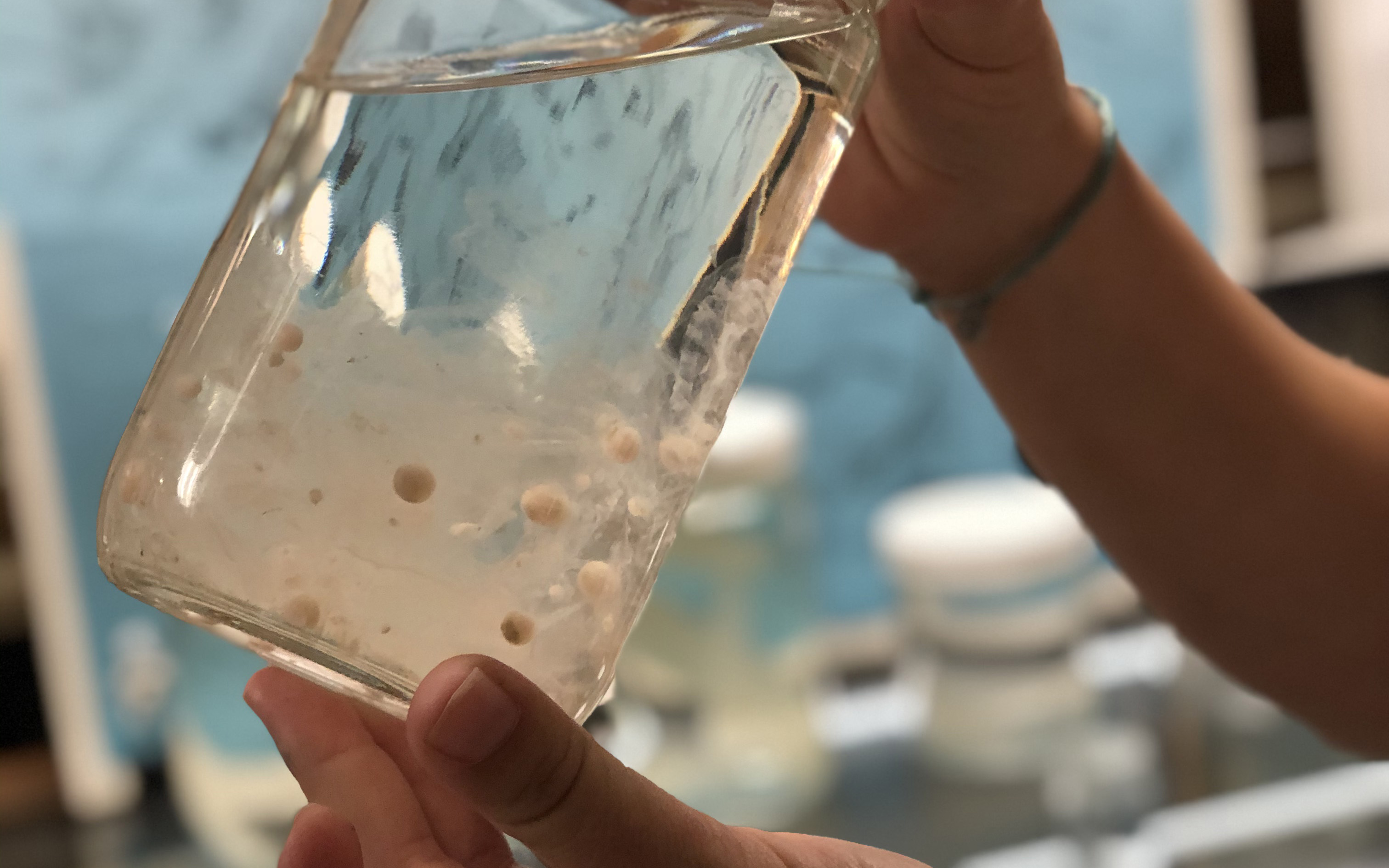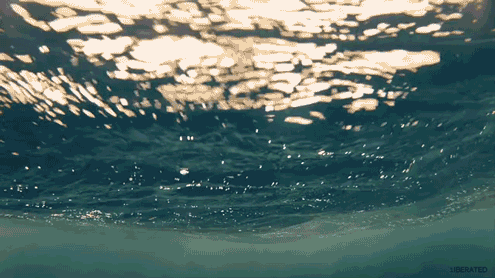Dutch scientists studied the blood of 22 volunteers and found 77% had a “quantifiable” amount of microplastics in their blood.
Written content from Thomas Moore

They describe the plastic fragments as “ubiquitous pollutants in the living environment and food chain”. But no previous study has been able to detect them in the blood.
“The plastic particle concentrations reported here are the sum of all potential exposure routes: sources in the living environment entering air, water and food, but also personal care products that might be ingested, dental polymers, fragments of polymeric implants, polymeric drug delivery nanoparticles and tattoo ink residues,” they conclude.
‘Plastic particles have not just pervaded through the environment, but our bodies too’
Independent scientists said the finding was robust because the researchers had gone to great lengths to exclude the possibility of contamination of the blood samples.
Dr Alice Horton, who studies “anthropogenic contaminants” at the UK’s National Oceanography Centre, said: “This is a concerning finding given that particles of this size have been demonstrated in the lab to cause inflammation and cell damage under experimental conditions.
“This study contributes to the evidence that plastic particles have not just pervaded throughout the environment, but are pervading our bodies too.
“The long-term consequences of this are not yet known.”
Dr Fay Couceiro, an expert in environmental pollution at the University of Portsmouth, said it was impossible to extrapolate the findings of such as small study to the whole population.
But she added: “The ability to detect its (plastic’s) presence is critical to us realising the urgency in our need to do more research in this area.
“After all, blood links all the organs of our body and if plastic is there, it could be anywhere in us.” Read more from Sky





